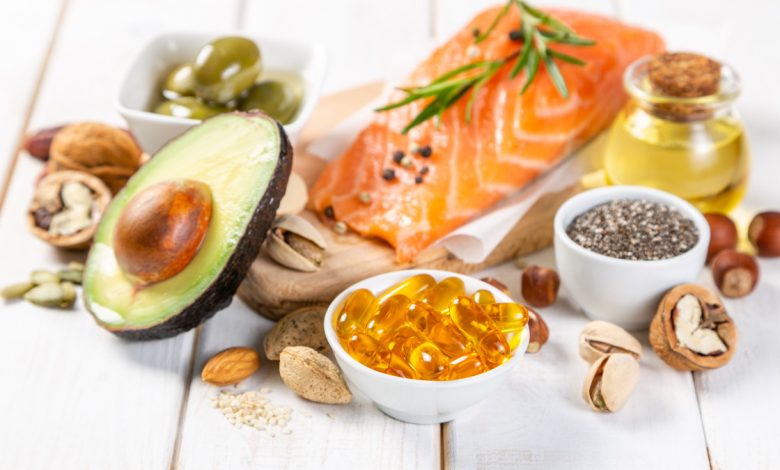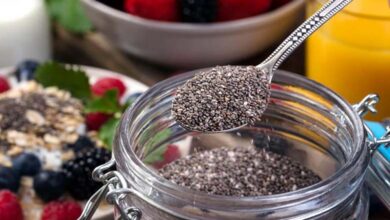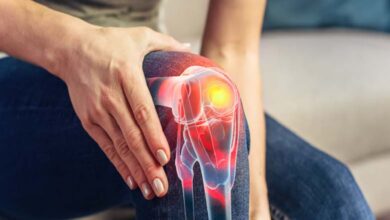Lipids and their benefits for the body

Fatty acids play many essential roles in the body and are therefore essential in our nutrition. They transport the vitamins found in lipids (fat-soluble vitamins), they constitute the membrane of many cells and also make it possible to form many compounds essential to the functioning of the body (for platelet aggregation, the functioning of the immune system, neurons, for reproduction, etc.).
There are 3 types of fatty acids:
The saturated fatty acids : they are found in animal products such as meat, butter, cream, dairy products… Fish does not contain them. Some vegetable oils also contain it (palm oil in particular) as well as many industrial products (pastries, meats, etc.). These fatty acids tend to promote bad cholesterol (LDL cholesterol) and, therefore, cardiovascular disease. However, the body needs a small amount of saturated fatty acids to function. They carry fat-soluble vitamins (vitamins A, D, E and K).
The monounsaturated fatty acids (or omega 9): they are contained in many oils such as hazelnut oil, olive oil (in the form of oleic acid) or even almond oil, but also in butter cocoa, macadamia nuts, almonds, peanuts or even herring oil and duck fat, for example.
The polyunsaturated fatty acids (or omega 3 and 6). Seaweed, rapeseed oil and nuts are rich in omega 3. Oily fish contain in particular EPA and DHA. Corn, sunflower, rapeseed or even sesame oils contain omega 6. Some omega 3 and 6 are essential because the body is not able to manufacture them itself. It is therefore only foods rich in lipids that can provide them. This is the case of alpha-linolenic acid (an omega 3) found mainly in linseed oil, rapeseed and in nuts, and linoleic acid (an omega 6).
Finally, the trans fatty acids should not be taken lightly. These are unsaturated fatty acids found in many foods. industrial (margarines, pizzas, ready meals, pastries, dairy products, etc.). They have been shown in studies to alter blood cholesterol by increasing “bad cholesterol” (LDL) and lowering “good cholesterol” (HDL). They also cause blood vessel inflammation and promote diabetes and possibly even certain cancers. If some trans fatty acids are of natural origin, because they come from the digestion of ruminants (they are therefore found in meat and dairy products), most appear following industrial technological processes used to improve the preservation and use of processed foods.
Thus, we can differentiate between “good” and “bad” lipids. However, things are not so simple, because foods rich in saturated fatty acids also contain other lipids and provide proteins and carbohydrates, vitamins and minerals that are just as necessary. As often, the solution is to adopt a varied and balanced diet to benefit from the advantages of all foods while limiting their disadvantages.












